The Journey to Becoming a Makeup Artist
Embarking on the journey to become a professional makeup artist involves multiple pathways, each offering unique opportunities for growth and specialization. Formal education is a foundational step for many aspiring makeup artists. Cosmetology schools provide comprehensive training in various beauty techniques, including skincare, hairstyling, and makeup application. These programs often culminate in a certification that can enhance credibility and open doors to diverse career opportunities.
In addition to cosmetology schools, specialized makeup courses focus exclusively on the art of makeup application. These courses range from short-term workshops to extensive programs, each designed to equip students with the technical skills and creative insights needed in the makeup industry. Obtaining a certification from a reputable institution can be a significant advantage, especially when seeking employment or freelance opportunities.
While formal education lays the groundwork, hands-on experience is crucial for honing one’s craft. Internships and apprenticeships offer invaluable real-world exposure, allowing aspiring makeup artists to work alongside seasoned professionals. These experiences not only provide practical skills but also facilitate networking within the industry. Additionally, working on small projects, such as local theater productions or photoshoots, can build confidence and proficiency.
Building a diverse portfolio is essential for any makeup artist. A well-curated portfolio showcases a range of skills and styles, demonstrating versatility and creativity. High-quality images of your work can be instrumental in attracting potential clients and employers. In today’s digital age, social media platforms play a pivotal role in showcasing one’s work. Regularly updating an Instagram or Facebook page with professional-quality photos and engaging content can significantly boost visibility and reach.
The makeup industry is dynamic, with trends and techniques continually evolving. Therefore, continuous learning is imperative. Participating in workshops, attending beauty conventions, and following industry leaders can help makeup artists stay current with the latest innovations. This commitment to ongoing education not only enhances skill sets but also ensures that one remains competitive in a fast-paced and ever-changing industry.
Essential Skills and Tools for Makeup Artists
To thrive in the competitive world of makeup artistry, one must master essential skills and possess the right tools. Fundamental techniques form the backbone of any successful makeup artist’s repertoire. Contouring, for instance, helps to shape and define the face by creating the illusion of shadows and highlights. Blending is another crucial skill, ensuring that makeup transitions smoothly across the skin for a natural look. Additionally, a deep understanding of color theory allows makeup artists to create harmonious and flattering color palettes tailored to each client.
Understanding different skin types and tones is equally important. A professional makeup artist must be adept at recognizing whether a client has oily, dry, or combination skin and selecting products accordingly. This knowledge enables the artist to provide customized makeup solutions that enhance the client’s natural beauty while ensuring longevity and comfort. Skin tone analysis is vital for choosing the right foundation shade, concealers, and color-correcting products.
The toolkit of a makeup artist is just as crucial as their skills. Essential items include a variety of brushes, from foundation and powder brushes to eyeshadow and lip brushes, each designed for specific applications. Palettes for eyeshadows, blushes, and lip colors offer a range of options to cater to diverse client needs. Skincare products like primers, moisturizers, and setting sprays prepare the skin and ensure the makeup stays in place. Advanced tools such as airbrush systems can provide a flawless finish, while special effects makeup kits are indispensable for theatrical or film work.
Advanced skills like bridal makeup and special effects makeup further distinguish a professional makeup artist. Bridal makeup requires a keen eye for detail and a deep understanding of long-lasting products that photograph well. Special effects makeup, on the other hand, demands creativity and technical prowess to create realistic wounds, aging effects, or fantastical creatures.
Hygiene and client safety are paramount in makeup artistry. Regularly cleaning brushes and tools, sanitizing products, and using disposables where necessary helps prevent cross-contamination and ensures a safe environment for clients. Prioritizing these practices not only protects clients but also builds trust and professionalism.
